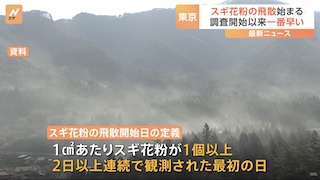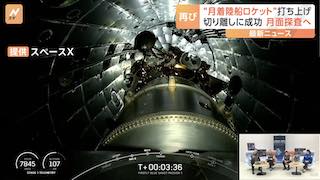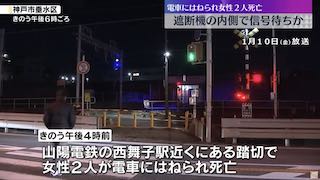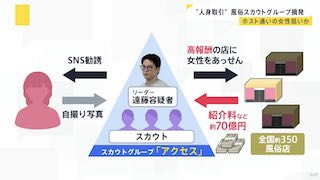Jul 15 (NHK) - Japan's auto manufacturers are closely watching a move by the European Union to reduce greenhouse-gas emissions.
The EU announced on Wednesday a plan to ban sales of new cars powered by gasoline and diesel by 2035.
The Japanese carmakers have special concerns, as they hold a competitive edge in hybrid vehicles, a class covered by the proposed ban.
They expect that the EU initiative would prompt them to revamp their lineups and accelerate their push to go fully electric.
They have already set new targets in response to global moves to cut greenhouse-gas emissions.
Toyota aims for 40 percent of its vehicles in Europe to be electric and fuel-cell powered by 2030. The remainder will be hybrids.
Nissan plans for its entire lineup for Europe and other major markets to be EVs and hybrids by the early 2030s.
Hybrids have both electric and combustion engines.
Honda has global plans to launch an entirely electric and fuel-cell lineup by 2040.
The companies say they are waiting to see if EU member states green-light a set of ambitious climate proposals.















